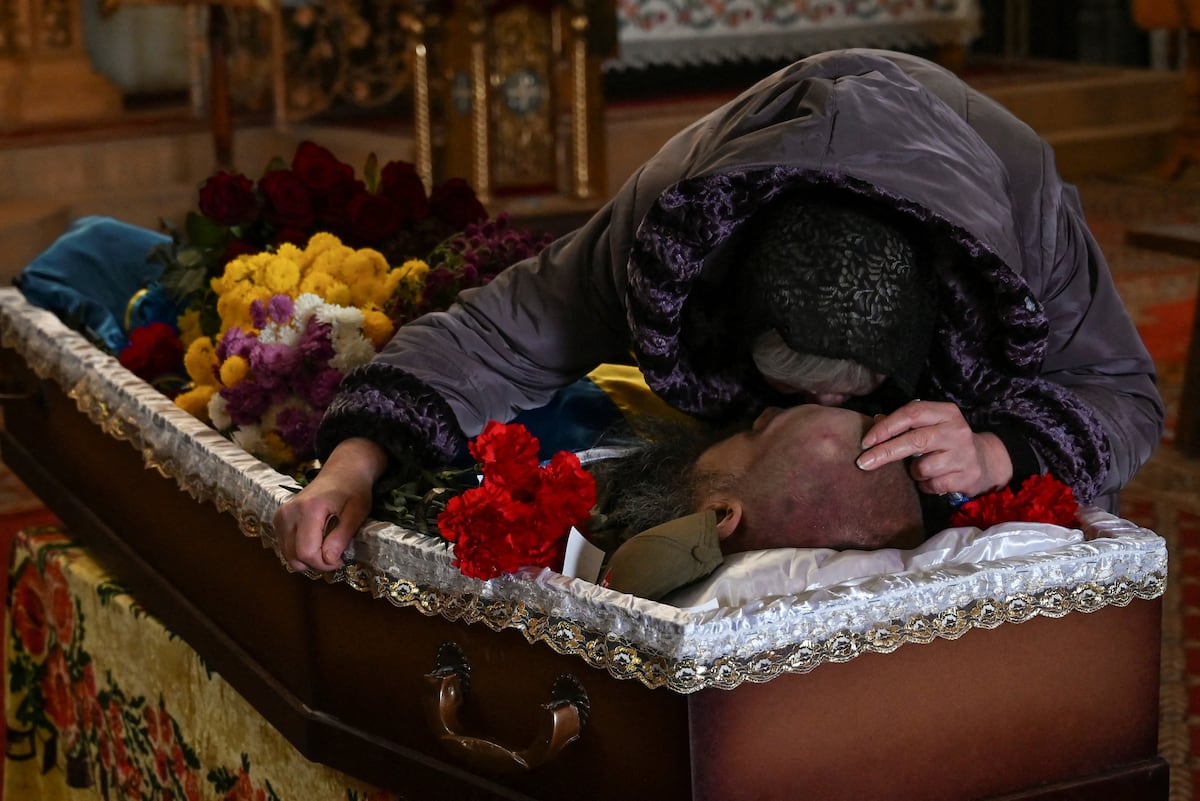Hours before Axel Rudakubana appears before a London court this Wednesday, the Metropolitan Police has revealed that the teenager accused of murdering three girls last July in the town of Southport had an alleged Al Qaeda training manual at his home. He had also produced ricin, a highly toxic substance derived from castor or castor oil.
The suspect will have to respond to two direct accusations, for crimes related to the Anti-Terrorism Law of 2000 and the Biological Weapons Law of 1974. In both cases, the discovery of this material establishes a direct causality.
The accused, the son of Rwandan Christians and born in the Welsh town of Cardiff, has been accused of possession of material with terrorist content and the manufacture of a biological weapon. However, police authorities still do not classify the deaths of Alice Dasilva (9 years old), Bebe King (6 years old) and Elsie Dot Stancombe (7 years old) as a terrorist attack. The trial for this multiple homicide, which occurred during dance classes to the music of Taylor Swift, will begin next January. This is a long investigation, and it cannot be ruled out that the process ends up incorporating elements of alleged terrorist activity, but at the moment there is no such factual link between the two events.
The police did not detect any trace of ricin at the scene of the tragedy, so it has not yet been possible to establish a motivation that would allow what happened in Southport to be classified as a terrorist attack.
The rumor spread on social networks, as soon as the attack occurred, that the alleged attacker was Muslim, caused thousands of people to provoke violent altercations in different cities in the United Kingdom.
Serena Kennedy, the chief commissioner of Merseyside police, who is leading the investigation, has urged caution from the public shortly after revealing the material possessed by the main suspect: “I would strongly recommend avoiding any speculation about the motivations behind of this case,” he said.
The PDF copy intercepted in the home of the accused, who at the time of the attack was not yet of legal age, is titled Military Studies of Jihad Against Tyrants: Al-Qaeda Training Manual.
“I ask everyone to be patient. Don’t be carried away by rumors or speculation. Don’t believe everything you read on social media. And let’s not forget the families of Elsie, Bebe and Alice, who, along with the rest of the relatives of the victims present that July 29 on Heart Street, will still be consumed by pain,” said the police official.
Rudakubana also faces charges of 10 attempted murders and one crime of possession of a knife.
Tension in the streets
The British Home Office is confident that the information revealed this Tuesday will not lead to new episodes of tension in the streets, but in any case it has already prepared contingency plans to prevent a new wave of violence from catching the authorities off guard. drops, as happened at the end of July.
More than 1,000 people were arrested after those riots, in which there were even attempts to burn down some of the hotels where asylum-seeking refugees arriving in the United Kingdom were staying. Many of those arrested were sentenced to prison terms. The newly minted Prime Minister, Keir Starmer, who once headed the Crown Prosecution Service, promoted quick trials to stop the riots and punish those he did not hesitate to describe as “thugs.”
One of these convicts, Peter Lynch, 61, who had participated in the violent events in front of a hotel with refugees in Rotherham on August 4, was serving a prison sentence of two years and eight months when he died on October 20. in prison. He had suffered a heart attack a year earlier and suffered from diabetes.
His face could be seen on some of the posters that supporters of the far-right Tommy Robinson carried this Saturday at the demonstration held in central London. Described as a “victim” of the Government, other posters showed a montage in which Starmer appeared with blood on his hands and Lynch’s name. Half a dozen protesters were arrested for violent behavior.







